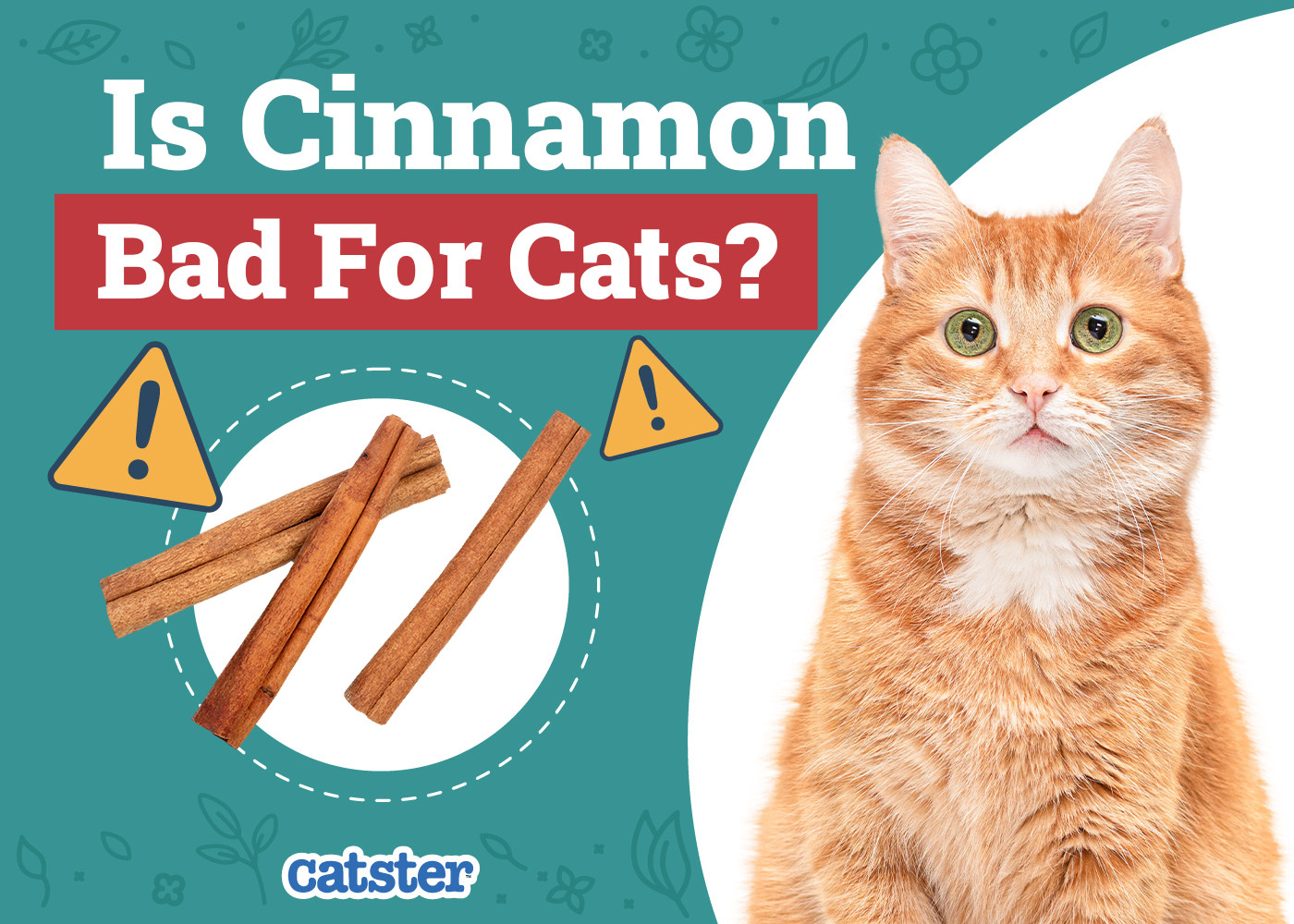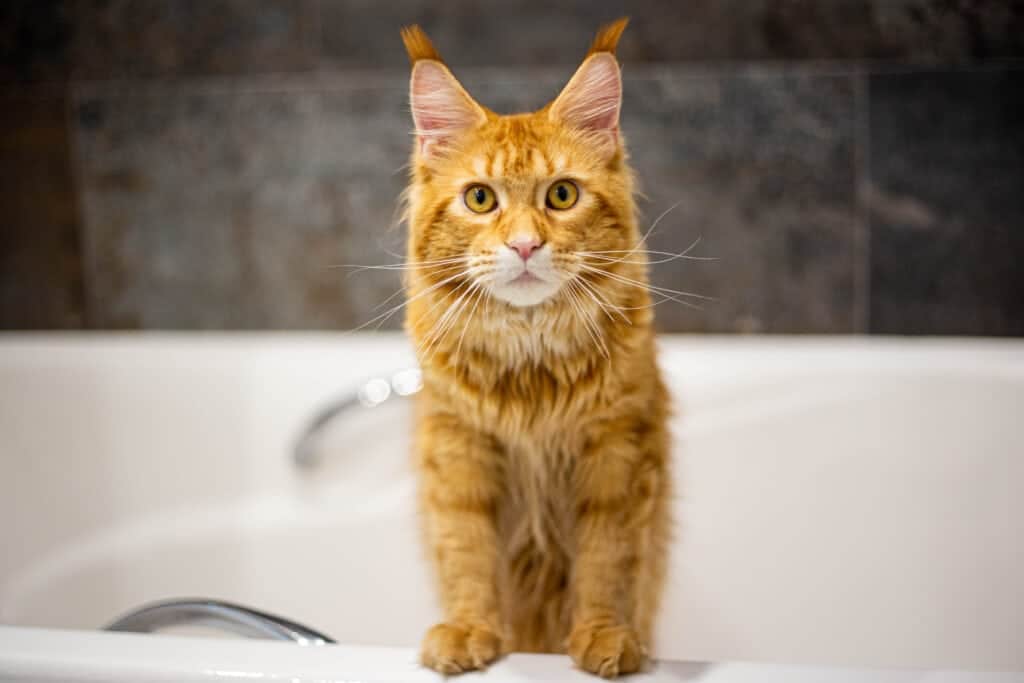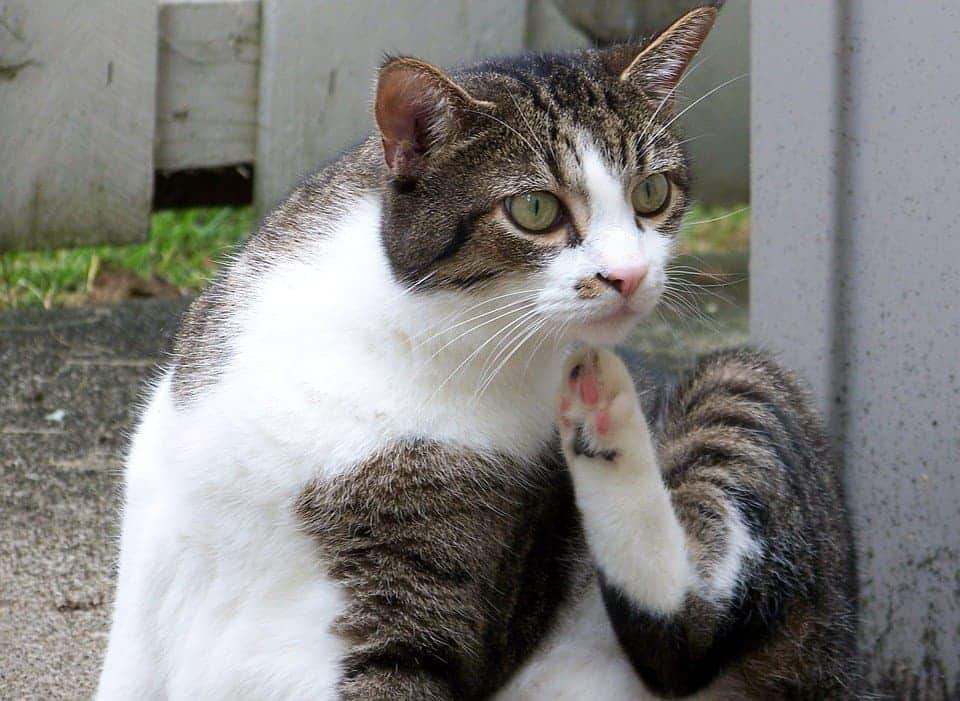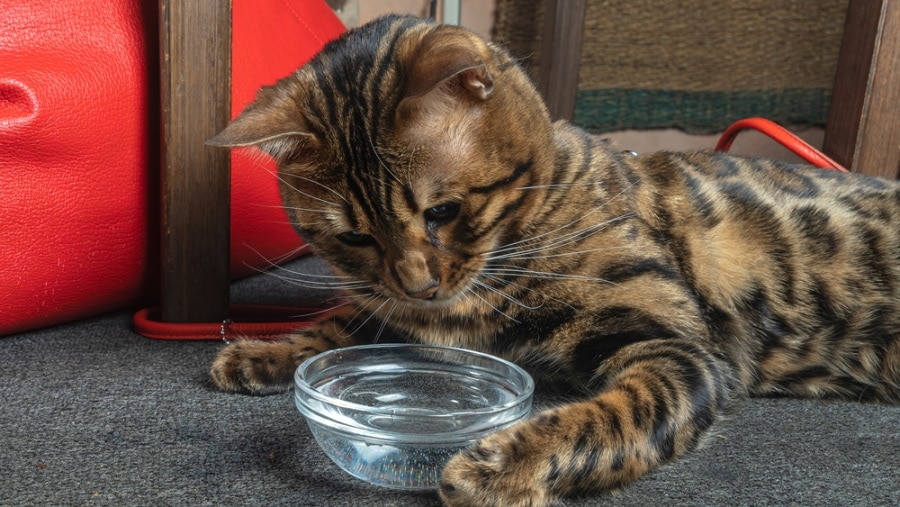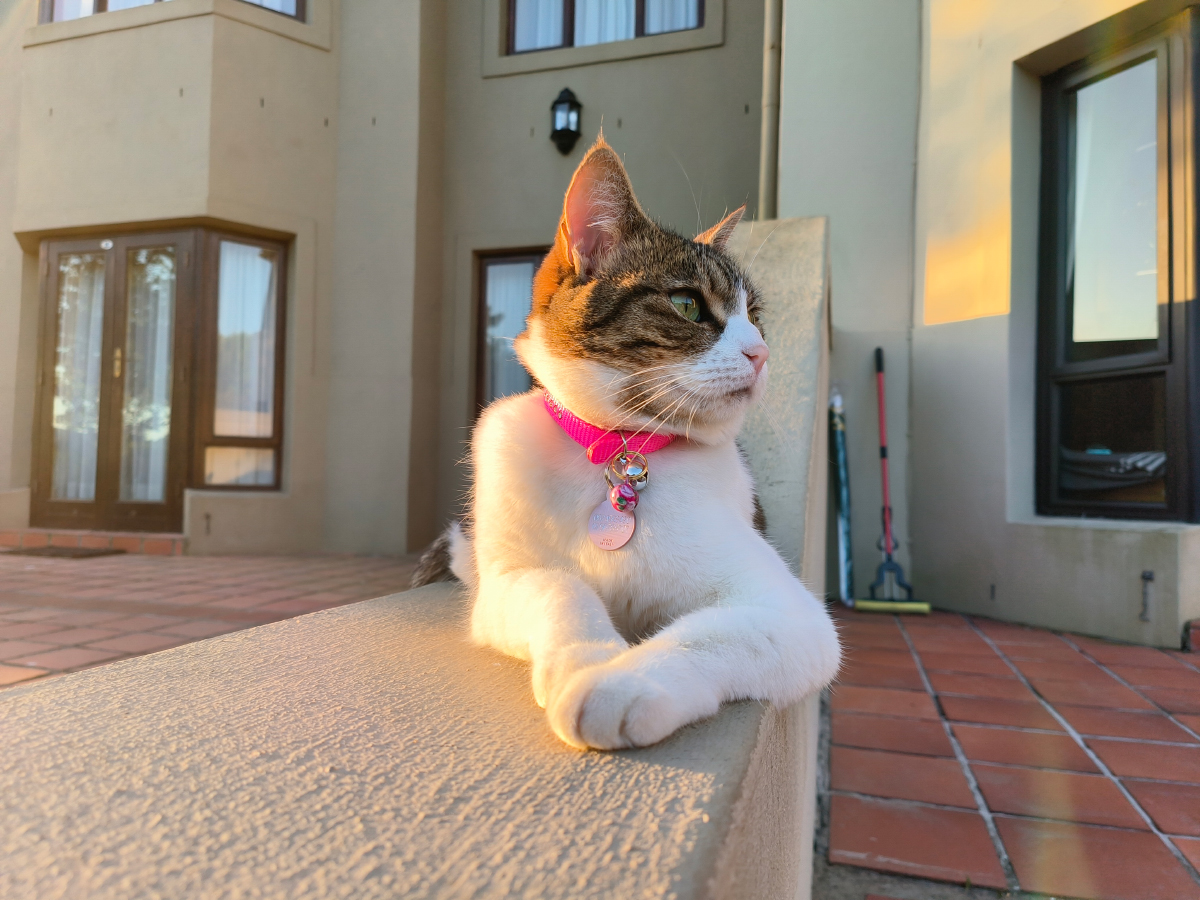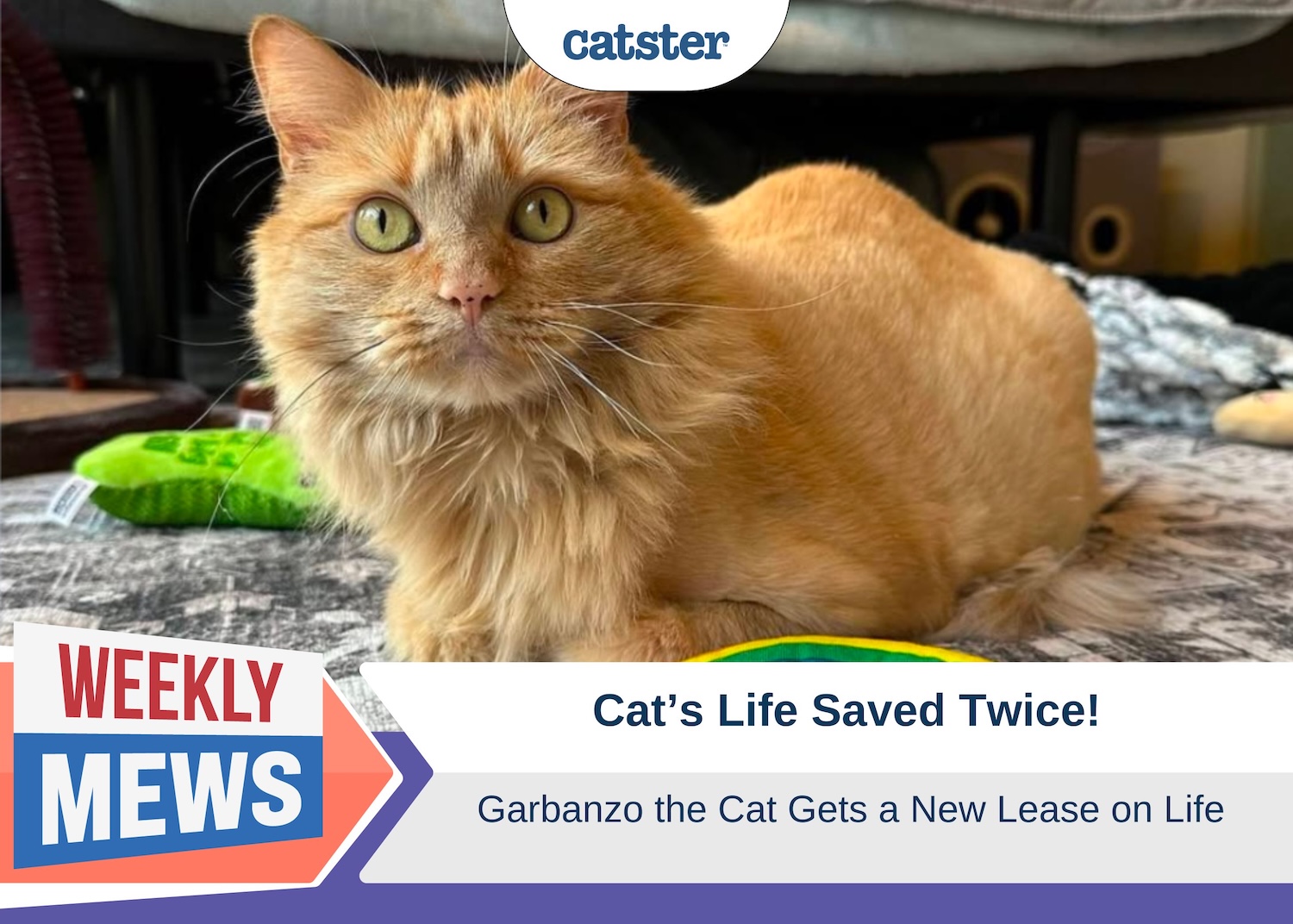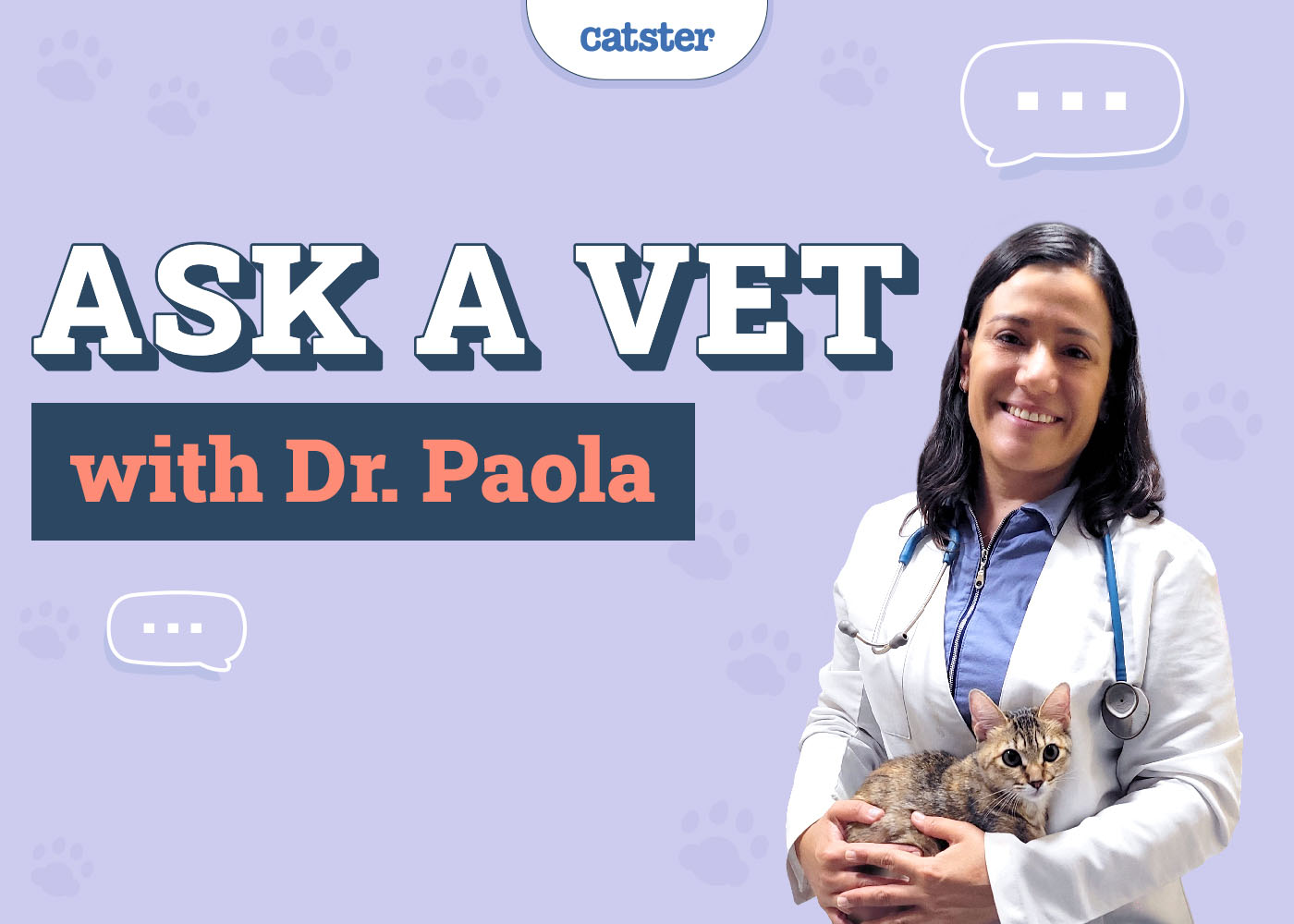Click to Skip Ahead
Cats are obligate carnivores that have very different diets and nutritional needs than humans. However, there are a variety of foods that both cats and humans can eat. So can cats have cinnamon? Is Cinnamon bad for cats? In general, cats shouldn’t have cinnamon or be fed any similar spices because it can cause some medical issues. Furthermore, cinnamon essential oil is toxic to cats and they should never be exposed to it.
Cinnamon also isn’t a necessary part of a cat’s diet, but since it’s a common ingredient in many human dishes, there’s a chance that your cat might eat some if they sneak in a bite of human food. If this does happen, in most cases, you don’t have to worry. Here’s what you need to know about how this spice can affect your cat.

Can Cats Eat Cinnamon?
While cinnamon is not classed as toxic by the ASPCA, cats should not be exposed to it because it can cause some health problems. In humans, some studies show that cinnamon has a link to lowering blood sugar and cholesterol levels. It also has antioxidant and anti-inflammatory properties, but more studies must be completed to prove that these properties work well.
However, cinnamon does not present any kind of benefit in cats, and there are risks associated with eating cinnamon. First, it can cause some mild digestive signs if a small amount is ingested. Larger exposure can cause mouth, throat, and stomach irritation, as well as hyperactivity and tachycardia (increased heart rate).
It’s also important to consider that finely ground cinnamon can cause coughing and difficulty breathing if it’s inhaled.
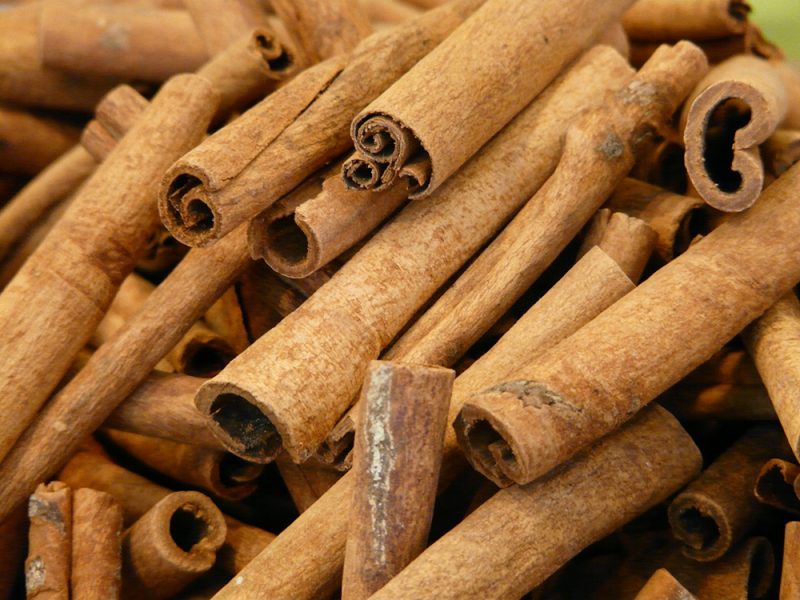
What to Do if Your Cat Eats Cinnamon
There is no established safe dose of cinnamon ingestion in cats. So, even if your cat licks up just a small amount of cinnamon, you should still keep an eye on them and contact your veterinarian.
Be on the lookout for an upset stomach. Cats may experience vomiting or diarrhea and may also lose their appetite or act lethargic. Some cats with upset stomachs can feel nauseous and lick their lips repeatedly.
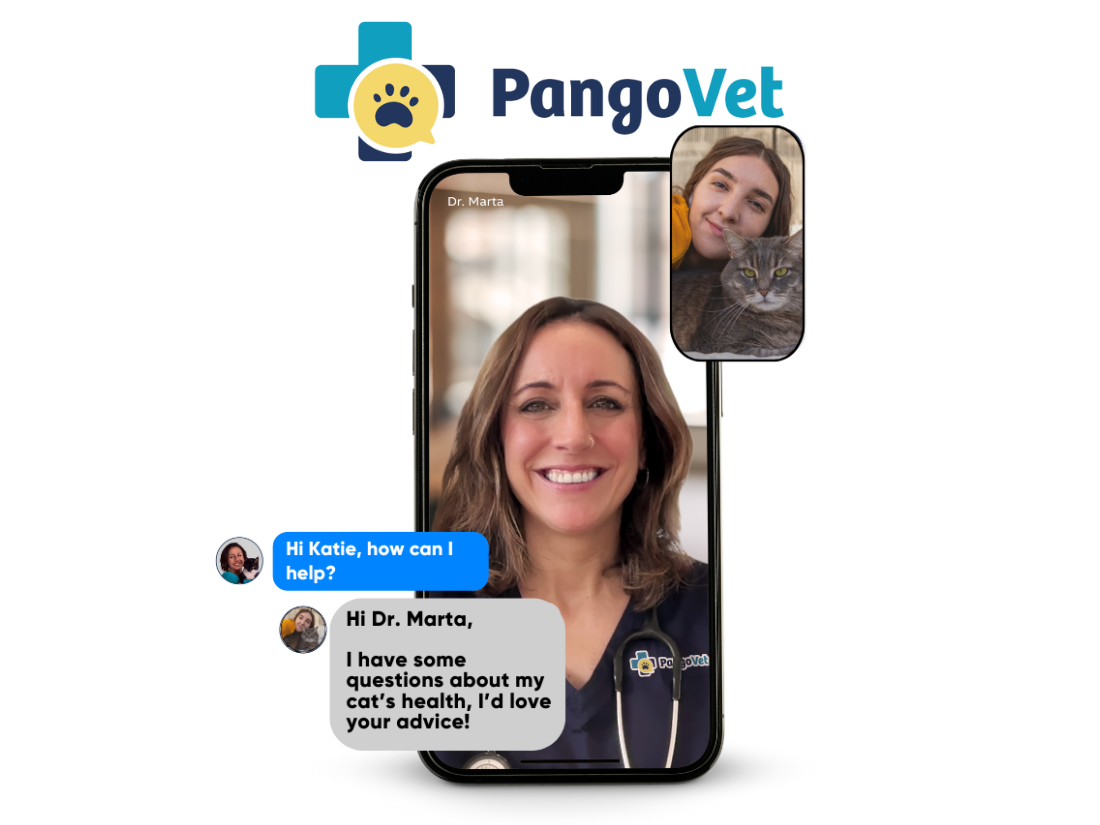
If you need to speak with a vet but can’t get to one, head over to PangoVet. It’s an online service where you can talk to a vet online and get the personalized advice you need for your pet — all at an affordable price!
When to Take Your Cat to the Veterinarian
If your cat eats a tiny portion of cinnamon-containing food, most likely, they will not need to visit the vet and will be fine. However, if your cat eats a large amount of cinnamon, inhales ground cinnamon, or is exposed to cinnamon essential oil, you should contact your vet immediately.
Your veterinarian can perform a physical exam and any necessary tests to determine the best course of treatment for your cat. Your cat may need a blood test to determine if there has been any liver damage, or a chest radiograph to assess their lungs. Your veterinarian can also provide any treatment that they deem necessary, such as fluid therapy, anti-nausea medication, liver protectants, or oxygen therapy, among others.
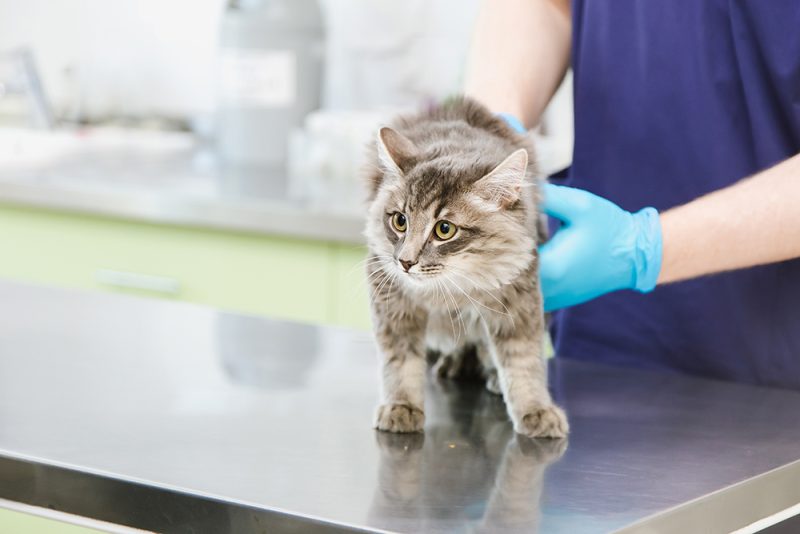

Conclusion
While cinnamon isn’t classified as toxic to cats, it may pose a risk to your cat whether they eat it, inhale it, or are exposed to its essential oils. So, when it comes to cinnamon and cats, it’s best to avoid any exposure at all if possible. If your cat happens to eat a tiny bit of cinnamon present in any food, monitor how they’re doing and look for signs of digestive upset or mouth irritation. If your cat develops any abnormal signs, if they are exposed to a large amount of cinnamon, if they inhale it, or if they have any form of contact with cinnamon essential oil, contact your vet right away.

